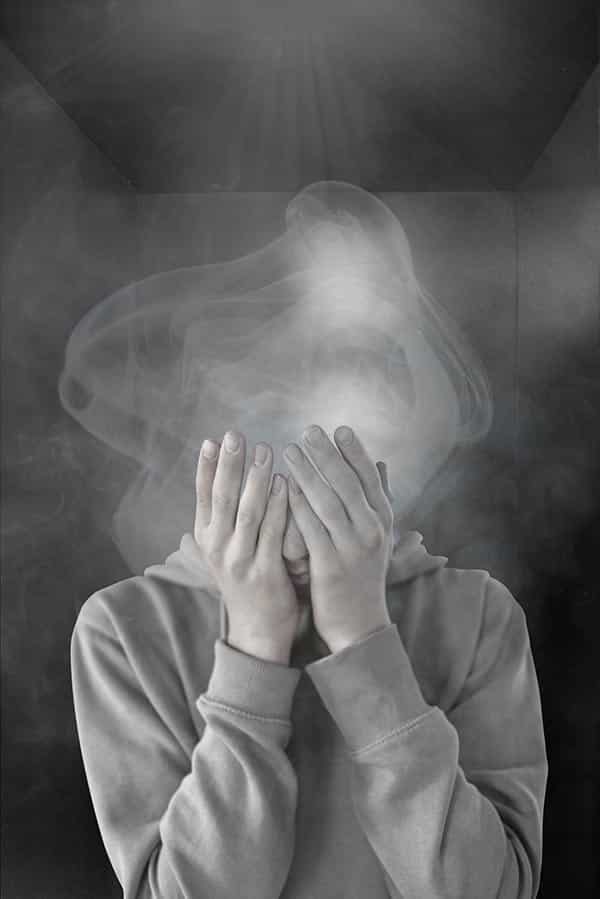Schizophrenia, a complex and often misunderstood mental disorder, affects millions of people worldwide. While some symptoms of schizophrenia may be obvious, such as hallucinations or delusions, there are also many subtle signs that can go unnoticed or be attributed to other causes. Understanding these subtle signs is crucial for early detection and effective management of the condition. In this blog post, we’ll delve into some of the lesser-known manifestations of schizophrenia, shedding light on the intricacies of this challenging disorder.
Social Withdrawal and Isolation: While it’s common for individuals to seek solitude from time to time, persistent social withdrawal can be a subtle indicator of schizophrenia. People with schizophrenia may gradually disengage from social activities, preferring to spend excessive amounts of time alone. This withdrawal is often accompanied by a diminished interest in previously enjoyed hobbies or relationships.
Difficulty Concentrating: Cognitive impairments are a hallmark feature of schizophrenia, and difficulty concentrating is one of the earliest signs. Individuals may struggle to focus on tasks, follow conversations, or retain information. This can impact various aspects of daily functioning, from work performance to academic achievement.
Emotional Flatness or Inappropriate Reactions: People with schizophrenia may exhibit a blunted affect, meaning their emotional responses are muted or absent. Alternatively, they might display inappropriate emotional reactions that are incongruent with the situation at hand. For example, they may laugh at sad news or remain stoic in joyful situations.
Changes in Sleep Patterns: Disruptions in sleep are common among individuals with schizophrenia. Some may experience insomnia, while others may oversleep or have irregular sleep-wake cycles. These disturbances can exacerbate other symptoms and contribute to overall dysfunction.
Heightened Sensitivity to Stimuli: Sensory sensitivities, such as heightened sensitivity to light, sound, or touch, can be subtle yet distressing symptoms of schizophrenia. Individuals may become easily overwhelmed or agitated by sensory input that others perceive as normal or benign.

Unusual Beliefs or Perceptions: While delusions are a well-known symptom of schizophrenia, they can manifest in subtle ways. For instance, individuals may develop idiosyncratic beliefs that seem odd or irrational to others but are firmly held by the affected person. These beliefs may not be overtly grandiose or persecutory but can still significantly impact their thoughts and behaviors.
Difficulty Distinguishing Reality from Fantasy: Schizophrenia can blur the lines between reality and fantasy, making it challenging for individuals to discern what is real and what is not. They may have trouble differentiating between their own thoughts and external stimuli, leading to confusion and disorientation.
Changes in Personal Hygiene and Self-Care: Neglect of personal hygiene and self-care is another subtle sign of schizophrenia. Individuals may lose interest in grooming habits or fail to adhere to basic hygiene practices. This decline in self-care can be indicative of underlying cognitive or motivational deficits.
Paranoid Thoughts or Suspiciousness: Paranoia is a common feature of schizophrenia, but it may manifest subtly, with individuals harboring mild suspicions or feelings of unease in social situations. They may become increasingly guarded or secretive, believing that others are plotting against them or monitoring their actions.
Difficulty Expressing Thoughts Coherently: Schizophrenia can impair communication skills, leading to disjointed speech patterns or difficulty expressing thoughts coherently. Conversations may be peppered with tangential or illogical associations, making it challenging for others to follow the individual’s train of thought.

Recognizing these subtle signs of schizophrenia is the first step toward seeking appropriate support and intervention. Early detection and treatment can significantly improve outcomes for individuals living with this complex disorder. If you or someone you know is experiencing any of these symptoms, it’s essential to consult a mental health professional for a comprehensive evaluation and personalized care plan. With increased awareness and understanding, we can better support those affected by schizophrenia and promote mental well-being within our communities.

Dr. Yaro Garcia
Hello, I am Dr. Garcia, please call me Yaro. My degrees are in clinical psychology and I am a licensed mental health counselor. My approach is caring, warm, safe, non-judgmental, and straight forward. It is a difficult decision to seek therapy, I take time to build a trusting therapeutic relationship with you…
















